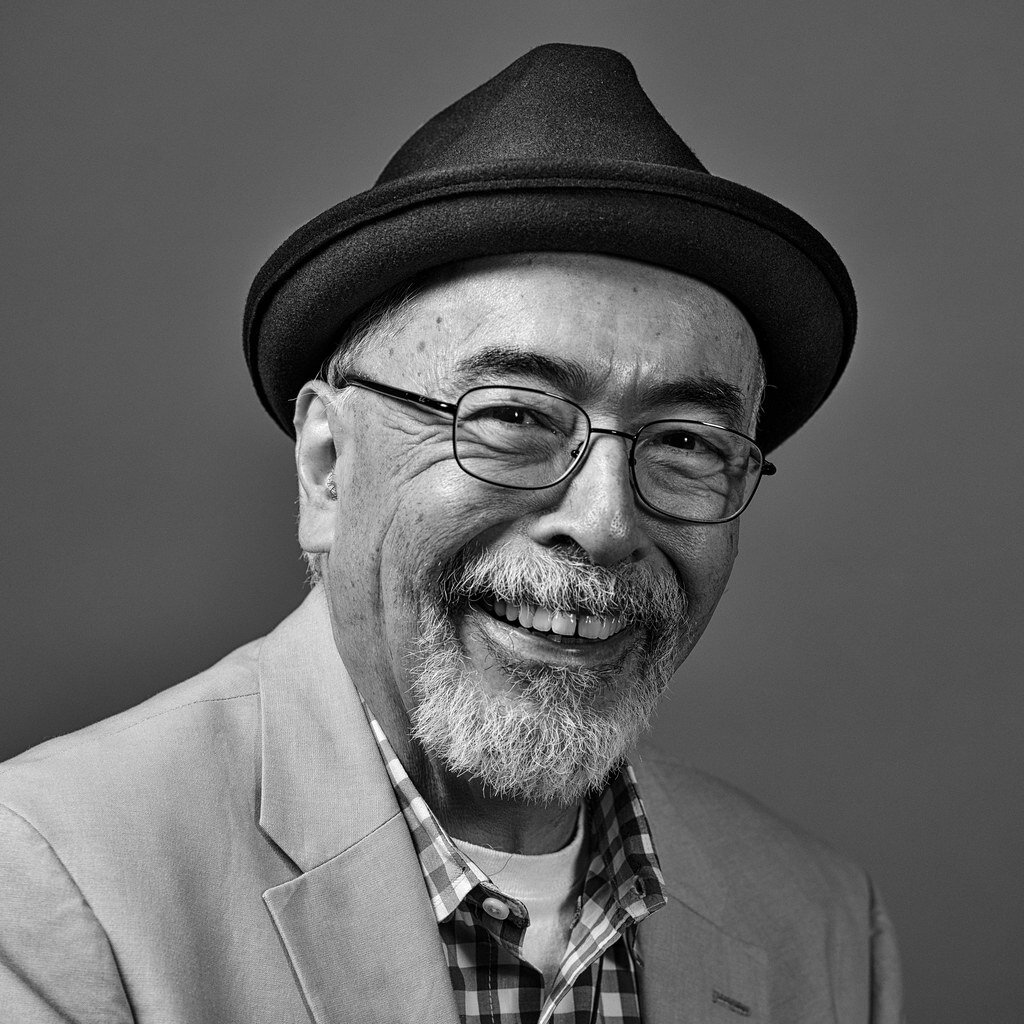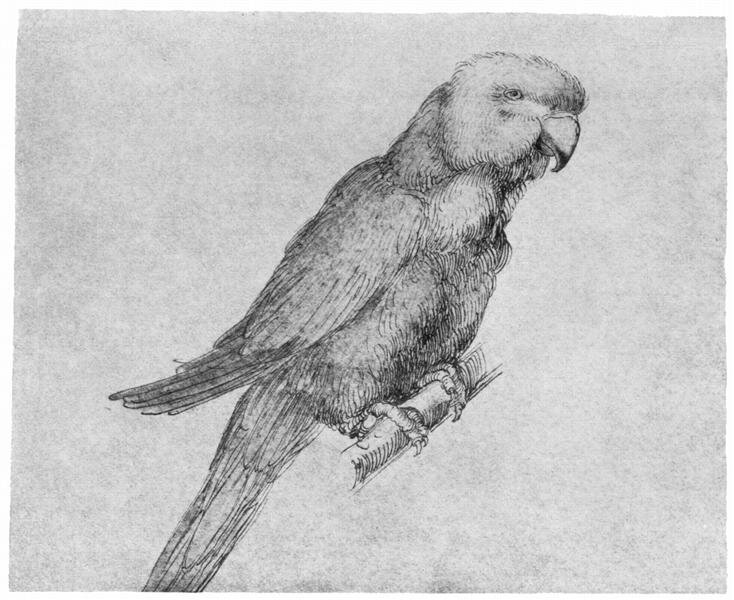Alex Z. Salinas
/The author Alex Z. Salinas
When did you start writing and why?
My grandparents and my parents, for that matter, were natural storytellers while I was growing up. I realized years later that their stories had a compounding effect upon my psyche, in my becoming a future storyteller in the written form. After college, I worked as a newspaper reporter for a little while, and the job shaped me into a more efficient writer. Interviewing people daily also helped me become a better listener, a (sometimes) unbiased observer, and this is important in the development of any writer. I was 26 years old when I entered a master's degree program in English Literature and Language. My first class was a creative writing workshop taught by Dr. Ito Romo, a longtime professor, writer, and now an inductee in the Texas Institute of Letters. His workshop changed everything for me, and in me. "Writing is craft" were the words of his first lesson, and from then on, I was open to answering the call from within myself to transcribe the nebulous stories that had for so long floated in my head and bubbled inside my gut. For two years I wrote and published short stories. Then, in 2017, my first poem was published in a newspaper. At that point, I acknowledged -- with resistance, initially -- my inclusion of "poet" into my writer identity. To me, writing poetry has always felt more emotional, an exercise in responding emotionally to something -- whereas writing short stories has felt more detached, like a viewer watching a play as opposed to an actor participating in it. With that said, writing poetry as a practice has opened me up more emotionally, allowed me to become more honest in my conversations with people. As a result, I've found myself more likable to others and also to myself. I'm more vulnerable than before, and I kind of like how that fits on me. I like to think that poets, in the enterprise of writing, are best at telling the truth because they have the least to lose.
Who and what have provided inspiration?
U.S. Poet Laureate Juan Felipe Herrera
Ito Romo's dark, beautiful Chicano noir short story collection, The Border Is Burning. The in-your-face poems of Terrance Hayes and Etheridge Knight. Anything by Roberto Bolaño. The oddball, satisfying fiction of Haruki Murakami, Jonathan Lethem and Ottessa Moshfegh. The wordplay of Sherman Alexie. The perfect novels Sula and Song of Solomon by Toni Morrison, and White Teeth by Zadie Smith. Raymond Carver's Cathedral. San Antonio Poet Laureate Octavio Quintanilla's If I Go Missing. The unconventional poetry of former United States Poet Laureate Juan Felipe Herrera. I met him once. He was super chill.
Octavio Quintanilla, San Antonio Poet Laureate
What is your awareness of being a poet within the State of Texas, within the United States, within this world? How do you reconcile your cultural background with your work?
I'm aware of myself being Hispanic, 30 years old and a non-Spanish speaking writer. With that established, my awareness extends only to my immediate surroundings, to the people with whom I meet and interact. I try to remain as informed as possible about my craft. That comes with lots of reading and listening. Because my work is out in the world, I'm automatically a representative of the Southwest, of the region of land that's produced so many great writers. I don't claim to be the architect of my gift for language, only that I've worked hard at harnessing it to make myself as good as I can be. I still have a long way to go in my writing journey, but as for my reconciliation of my cultural background in my work, I've already begun that process in WARBLES. I know who I am and where I come from, more or less. I have my muses, as any writer should. The bigger question is, has the United States reconciled its actions against its racialized and genderized inhabitants who've come from all over the globe? Also, to whom did this land "belong" to before it became "united"? If these sound like leading questions, that's because they are. We, as a nation, are still learning about our past, trying to sort it out, and it seems to me that the "united" in United States straddles a finer line with each passing day. My hope is that people find it within themselves to cut back on binge-watching Netflix and read more challenging books, to witness what writers have done and are doing in our endeavor to capture the human experience in all its bloody, unjust and sometimes redeeming glory. My hope is that people learn to foster their imagination during their brief stay on Earth, check themselves at the door before sending nasty emails, and attempt to be more decent to each other.
Roberto Bolaño in his studio, la calle Tallers, Barcelona, 1979.
What advice do you have for beginning writers?
Two things. One, if you don't put in the time to read, don't bother to write. Two, don't fall in love with every word. Find honest readers, and, slowly, become your best editor. Intellectually and spiritually, words carry weight -- power. Use them wisely.
Jean-Michel Basquiat, from the exhibit “Words Are All We Have”
What next?
Finish writing a novel I started a while back. It involves a reporter, Jimmy Hoffa, a woman and maybe a talking parrot. We'll see where it goes. But please, don't hold me to it!
Albrecht Durer, a parrot (although most likely not a talking parrot)






